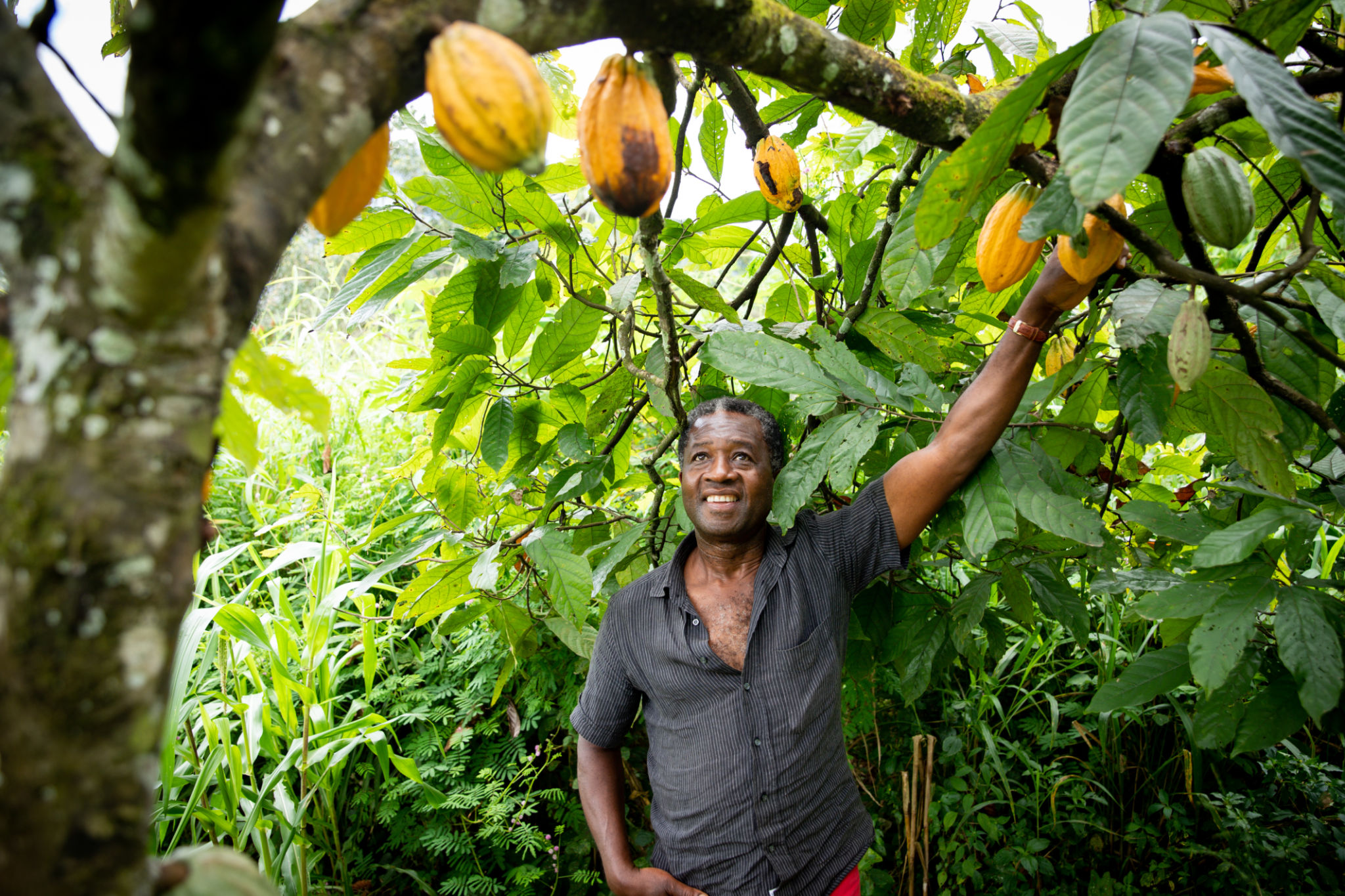Sustainability in the Chocolate Industry: Insights from Belgian Brands
The Growing Importance of Sustainability in Chocolate
In recent years, sustainability has become a key focus in the chocolate industry, addressing the environmental and social impacts of chocolate production. Belgian brands, known for their rich chocolate heritage, are at the forefront of this movement, implementing innovative practices to ensure a greener future.
Belgian chocolate makers are emphasizing sustainable sourcing, aiming to improve the livelihoods of cocoa farmers while reducing their environmental footprint. This commitment not only enhances brand reputation but also meets growing consumer demand for ethical products.

Ethical Sourcing and Fair Trade
One of the primary ways Belgian chocolate brands are promoting sustainability is through ethical sourcing. By partnering with fair trade organizations, these companies ensure that farmers receive fair compensation for their work, improving their quality of life and fostering community development.
Many brands are also investing in direct trade relationships with cocoa producers, cutting out intermediaries to provide better prices and establish long-term partnerships. This approach supports transparency and accountability throughout the supply chain.

Reducing Environmental Impact
Sustainability in the chocolate industry also involves minimizing environmental impact. Belgian brands are implementing measures such as reducing carbon emissions, adopting renewable energy sources, and optimizing water usage in their production processes.
Packaging is another area where these brands are making strides. By using biodegradable or recyclable materials, they aim to decrease waste and promote a circular economy. Some companies have even introduced packaging-free options to further reduce their ecological footprint.

Innovation in Sustainable Practices
Innovation plays a crucial role in advancing sustainability in the chocolate industry. Belgian brands are investing in research and development to create new processes and products that adhere to sustainable principles.
For example, some companies are experimenting with alternative ingredients like plant-based milk or sugar substitutes to offer more eco-friendly options. Others are exploring agroforestry techniques that integrate cocoa cultivation with biodiversity conservation, benefiting both farmers and ecosystems.

Consumer Engagement and Education
Belgian chocolate brands understand the importance of engaging consumers in their sustainability journey. By providing education on ethical practices and transparent sourcing, they empower consumers to make informed choices that align with their values.
Interactive campaigns, storytelling, and certifications like organic or fair trade labels are effective tools used by these brands to communicate their commitment to sustainability. This transparency fosters trust and loyalty among consumers who prioritize ethical consumption.
The Future of Sustainable Chocolate
The progress made by Belgian chocolate brands sets a benchmark for the entire industry. As more companies adopt sustainable practices, the collective effort will drive significant positive change, benefiting both people and the planet.
Ultimately, the chocolate industry's move towards sustainability reflects a broader shift in consumer expectations and corporate responsibility. By embracing these changes, Belgian brands are not only preserving their rich chocolate tradition but also paving the way for a more sustainable future for generations to come.
